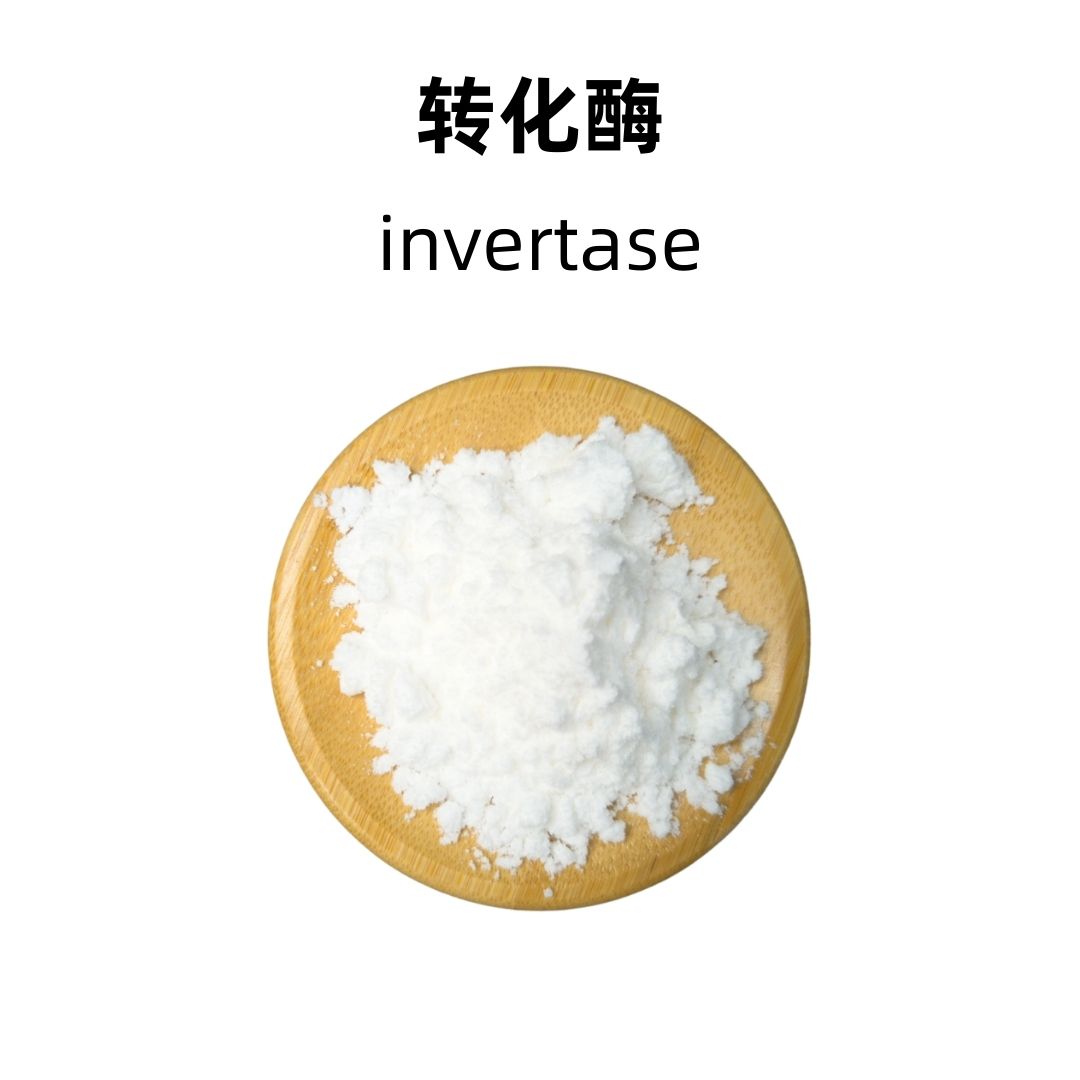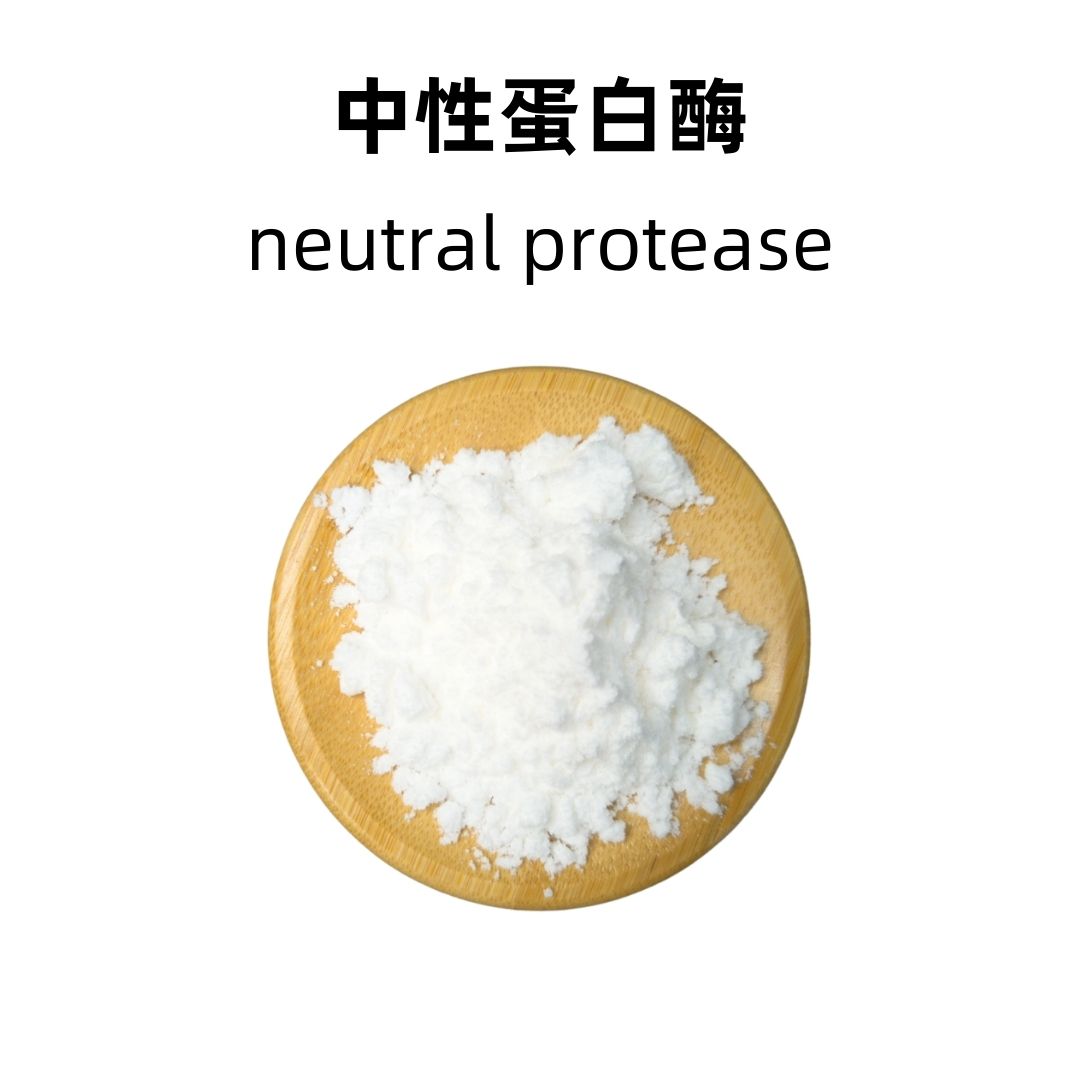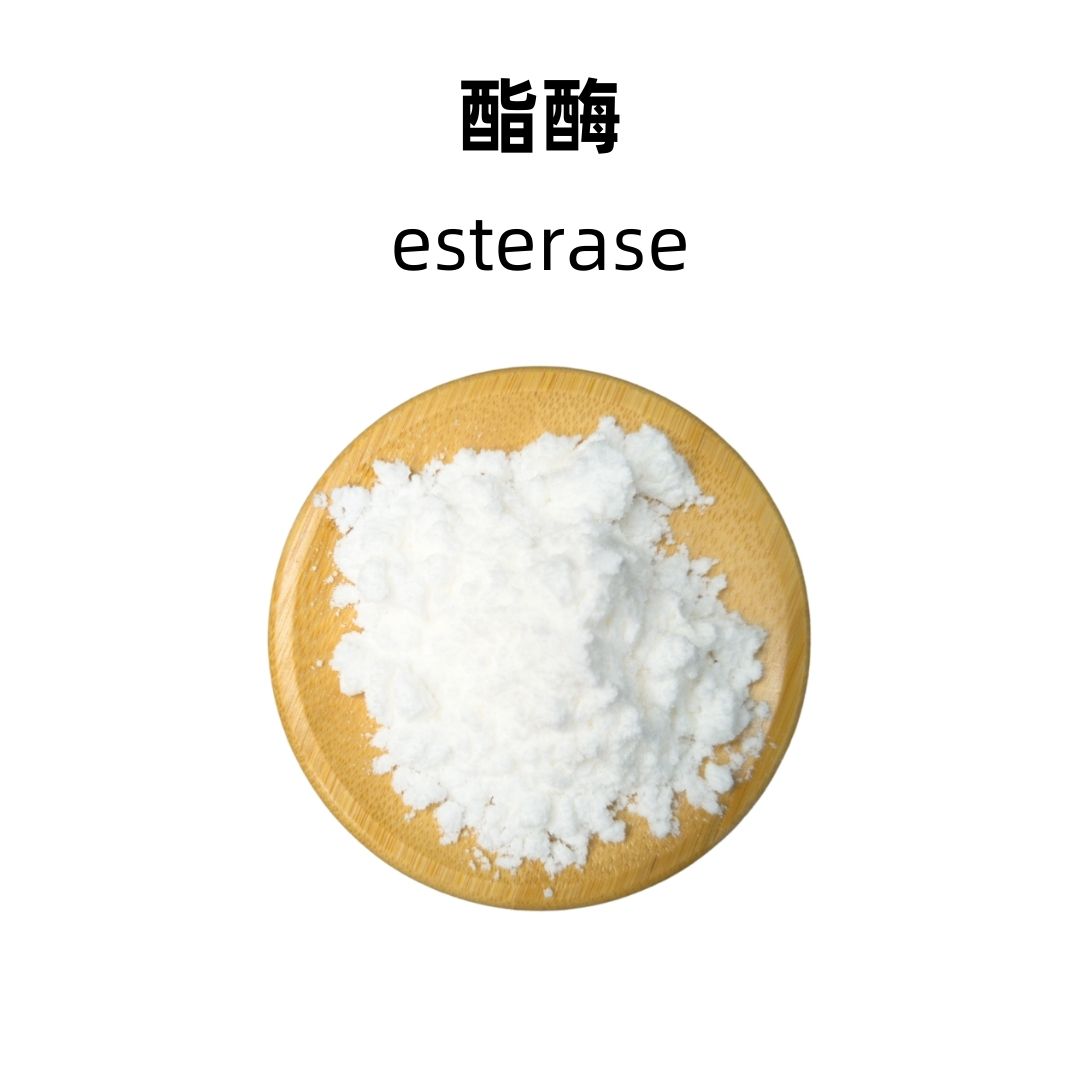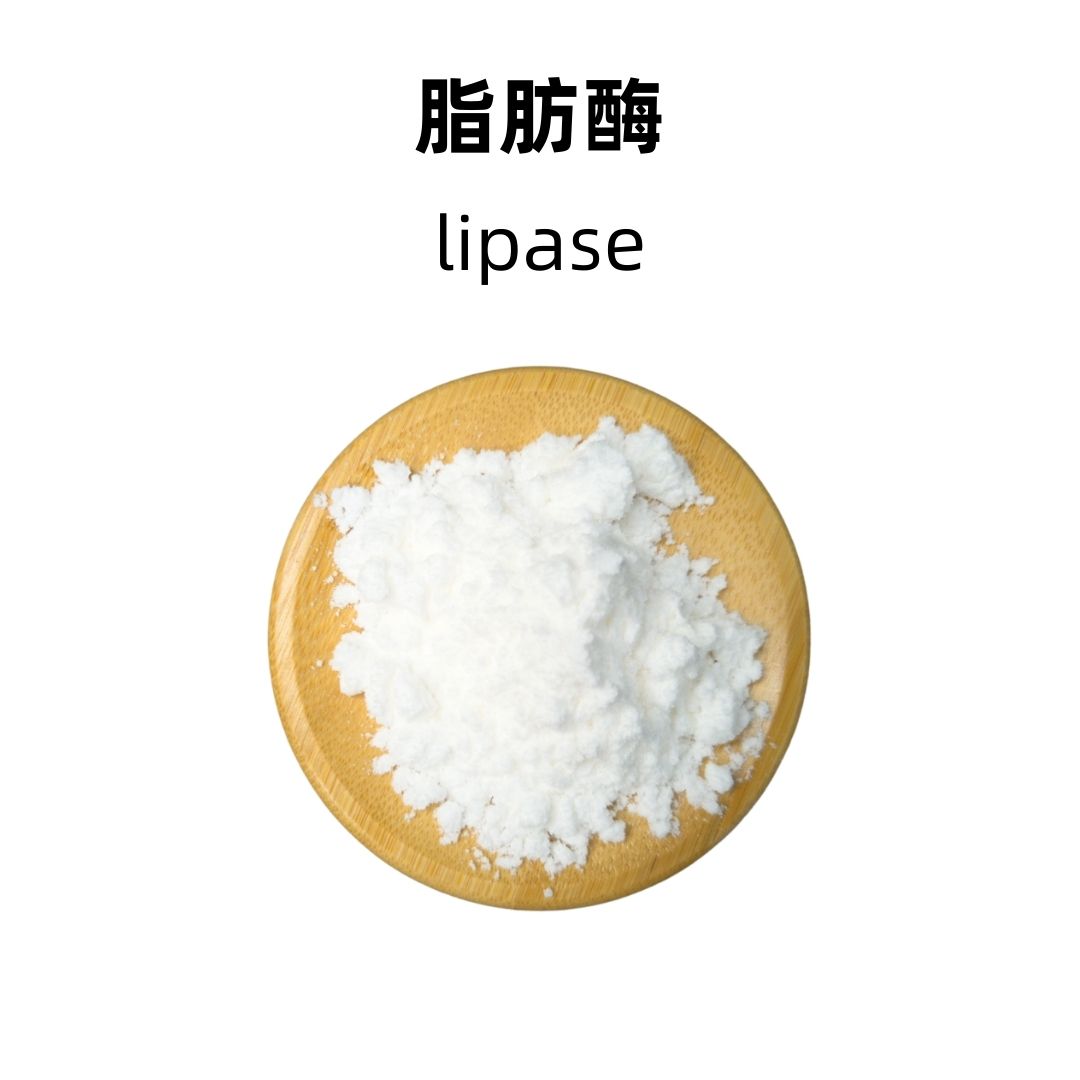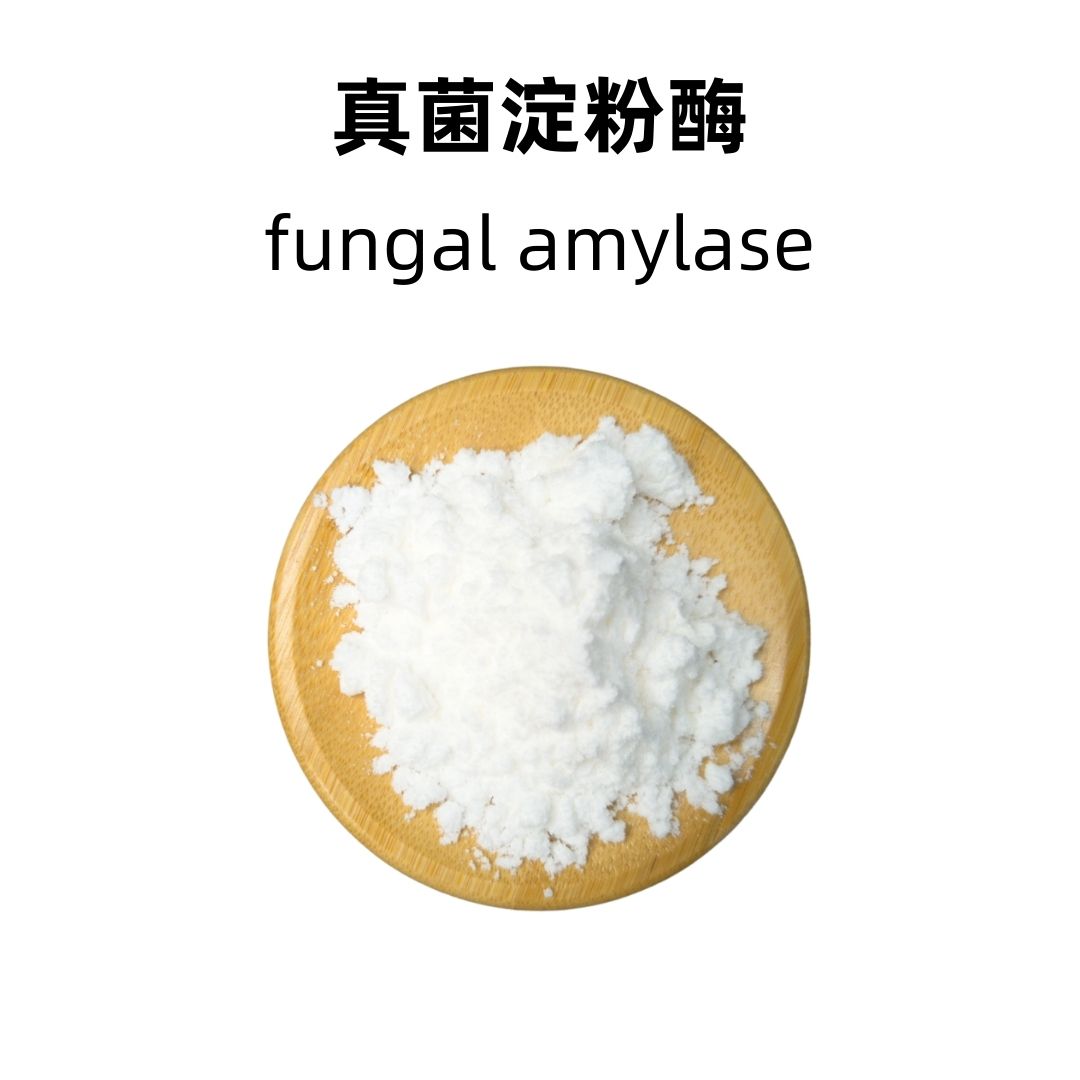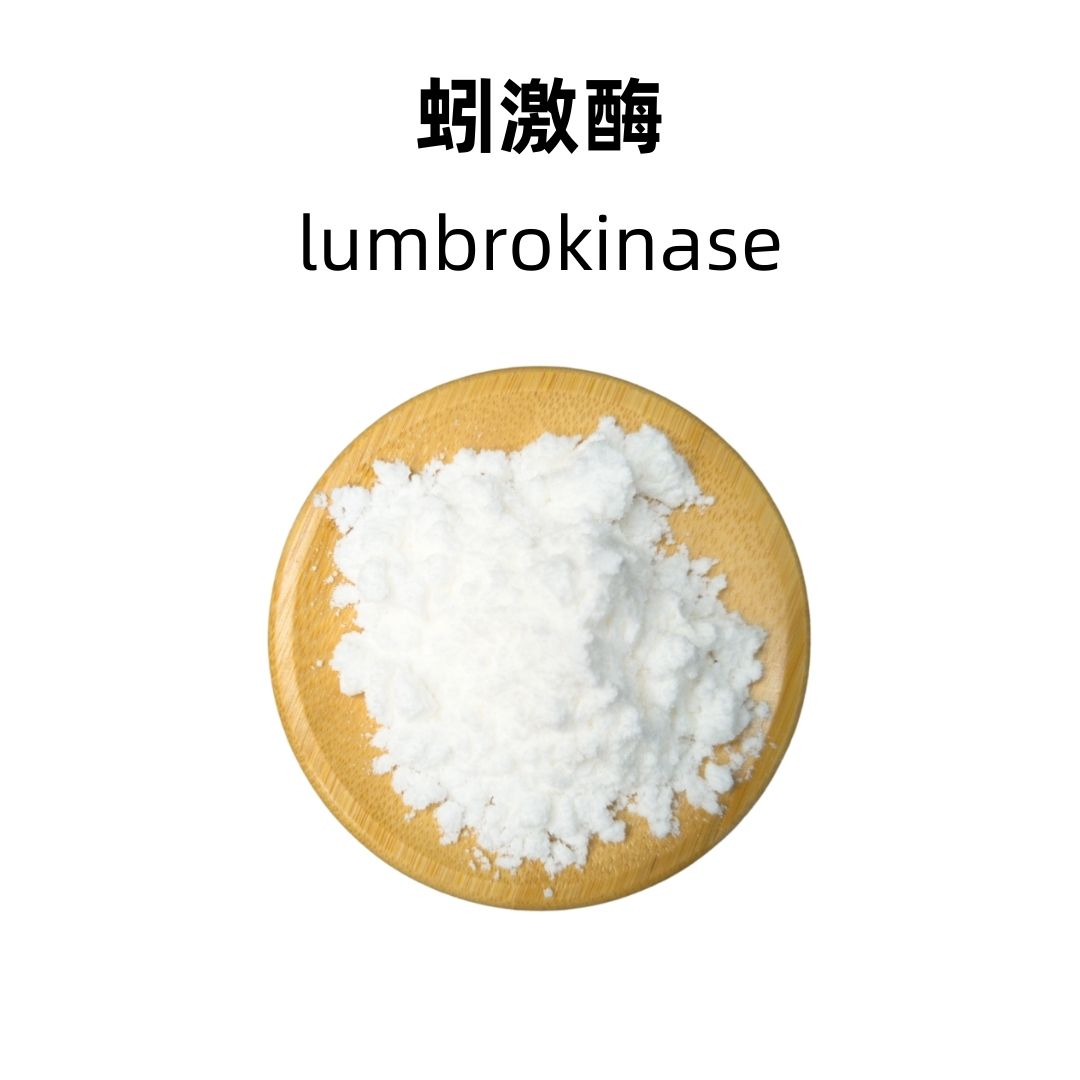Product Introduction
Phytase is an enzyme that catalyzes the hydrolysis of phytic acid, a form of phosphorus that is generally unavailable to monogastric animals, such as pigs and chickens. By breaking down phytic acid, phytase helps to release more accessible phosphate, which can lead to better growth and lower feed costs. This enzyme plays a crucial role in the animal nutrition industry, with applications in both feed formulation and food processing.
Production Process
The production of phytase typically involves fermentation processes using specific strains of fungi or bacteria. These microorganisms are cultivated under controlled conditions to maximize enzyme production. After fermentation, the enzyme is extracted and purified, often involving various filtration and concentration techniques. The resulting phytase is then formulated into the desired form for commercial use, ensuring that it retains its enzymatic activity.
Effects and Functions
Phytase serves several key functions, primarily by enhancing the digestibility of phosphorus in animal diets. It helps in converting the indigestible phytic acid into usable forms of phosphorous, leading to better nutrient absorption. Additionally, using phytase can decrease the environmental impact associated with phosphorous excretion in animal waste. Furthermore, it can potentially reduce feed costs by improving the overall efficiency of feed ingredients, particularly in formulations that include plant-based proteins.
Application Scenarios
Phytase is widely used in the livestock industry, particularly in poultry and swine feeding programs, to support better growth rates and feed conversion ratios. It is also applied in aquaculture to enhance the nutritional profiles of fish feeds. Moreover, phytase is gaining traction in the food sector where it can be used to improve the nutritional quality of human food products, particularly those derived from grains and legumes.
Packaging and Storage
Storage Conditions: The product should be sealed, protected from light, kept away from high temperatures, and stored in a dry, cool, and well-ventilated place.
Packaging: Bulk packaging is available with 25 kg per fiber drum. For smaller samples, 1 kg per aluminum foil bag is offered. Custom packaging can be arranged upon request.
Shipping Methods: Shipping options include FedEx, DHL, dedicated logistics, and sea freight consolidation, ensuring safe and efficient delivery.
Shelf Life: Phytase has a shelf life of two years under appropriate storage conditions.
Monica Sun possesses extensive technical expertise and market insights in the food additives industry. She excels in designing efficient and safe additive formulations tailored to various food applications, ranging from sweeteners to functional dietary fibers. Monica has successfully assisted food manufacturers in optimizing ingredient combinations to enhance product quality and improve consumer satisfaction.









